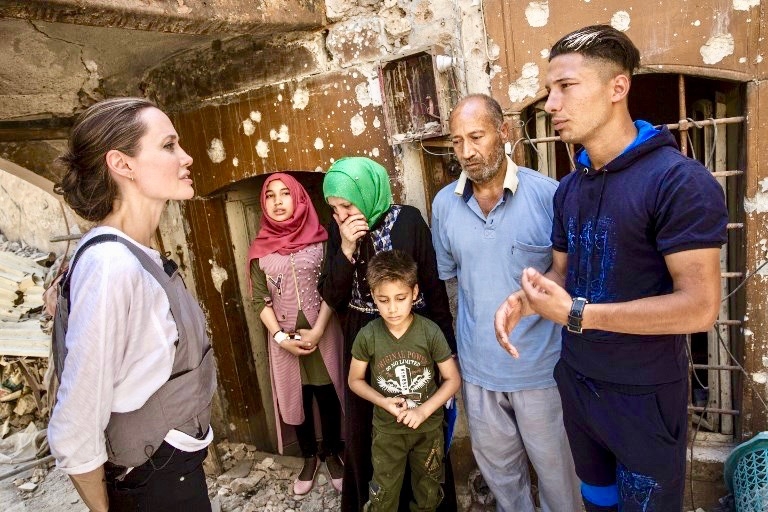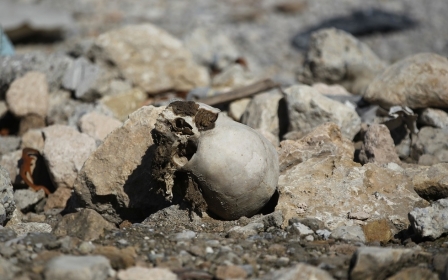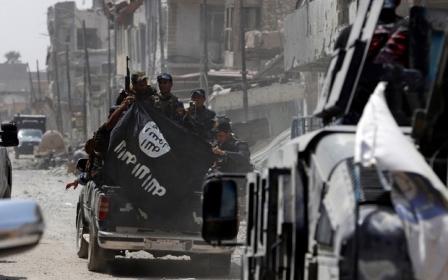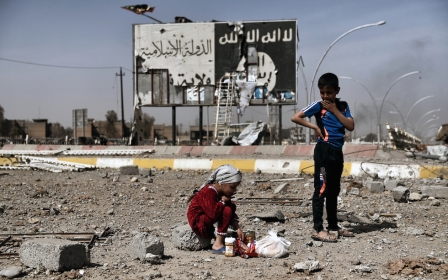UNHCR special envoy Angelina Jolie visits Mosul, urges support for rebuilding

UN refugee agency special envoy Angelina Jolie visited Mosul in northern Iraq on Saturday and urged the international community not to forget residents trying to rebuild their city.
Iraqi forces seized Mosul in July 2017 from Islamic State (IS) group militants, who had occupied the city three years earlier and turned it into a stronghold of a "caliphate," in a military campaign that saw 900,000 residents flee.
The Hollywood actress met families from western Mosul and walked through bombed-out streets, according to video footage and photos provided by the UN High Commissioner for Refugees.
Normality has returned to many parts of Mosul, with displaced residents leaving camps nearby and going back home.
But the old city in West Mosul was largely destroyed during a campaign by a 100,000-strong alliance of Iraqi government units, Kurdish Peshmerga fighters and Shia militias backed by air support from a US-led coalition.
Reconstruction has been slow.
"This is the worst devastation I have seen in all my years working with UNHCR. People here have lost everything," Jolie said in a UN statement.
"They are destitute. They have no medicine for their children, and many have no running water or basic services," she said. "I hope there will be a continued commitment to rebuilding and stabilizing the whole of the city. And I call on the international community not to forget Mosul."
Jolie has worked for UNHCR since 2001, visiting uprooted civilians from Iraq to Cambodia and Kenya. It is her fifth visit to Iraq, UNHCR said.
New MEE newsletter: Jerusalem Dispatch
Sign up to get the latest insights and analysis on Israel-Palestine, alongside Turkey Unpacked and other MEE newsletters
Middle East Eye delivers independent and unrivalled coverage and analysis of the Middle East, North Africa and beyond. To learn more about republishing this content and the associated fees, please fill out this form. More about MEE can be found here.




